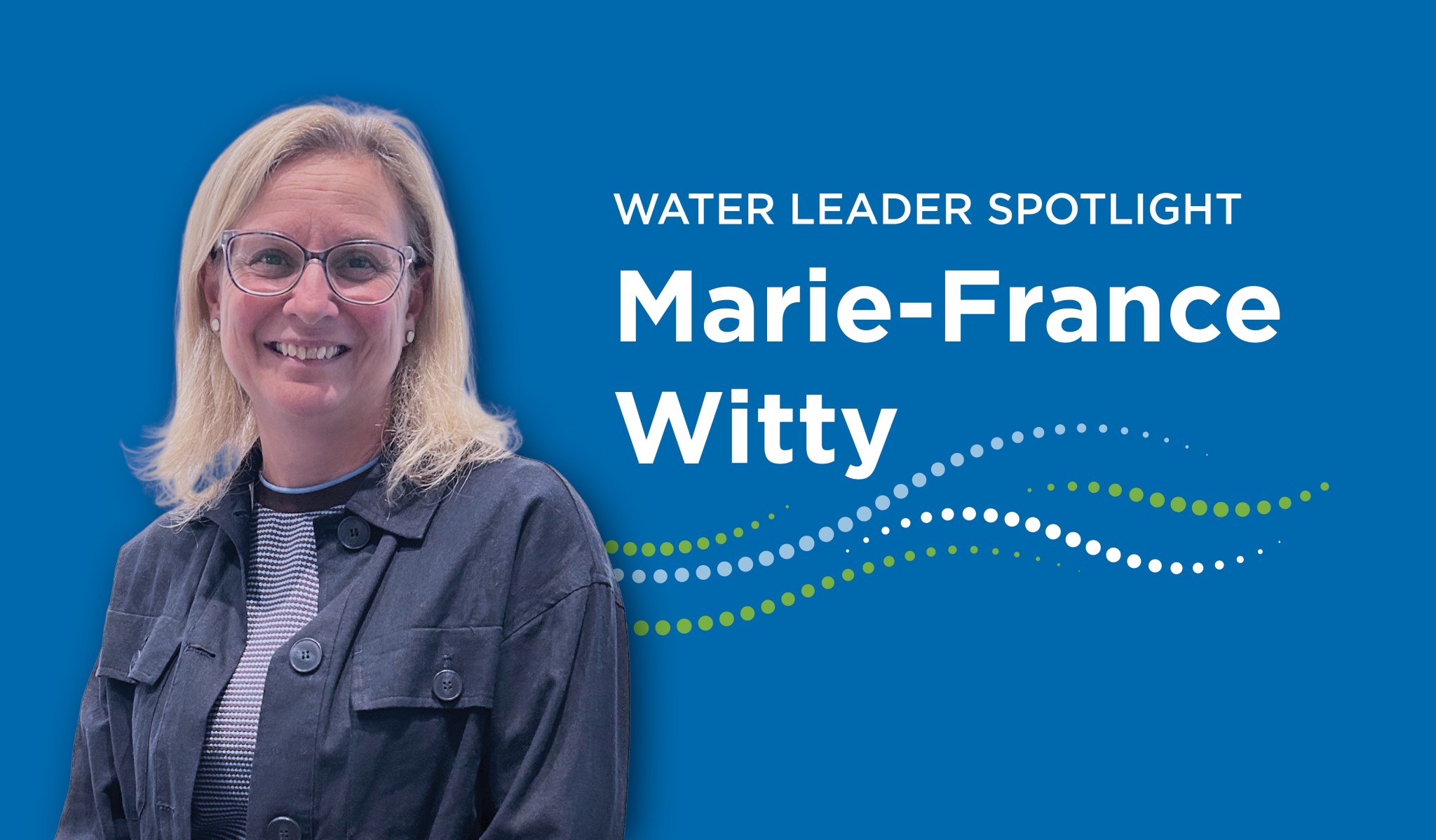Data governance: Opportunities and risks for water utilities

Data governance is at the heart of creating a more just and equitable society. This was one of the key insights that Thomas Linder from Open North recently shared with the Canadian Municipal Water Consortium’s Levels of Service Strategic Sharing Group.
During the meeting in March 2023, Thomas shared Open North’s perspective on the intersection between big data collection and big data analytics, opportunities to leverage utility and other data sources for AI-based innovation, and associated risks. Some of the key takeaways from the presentation are that:
- It is critical to consider what impacts a municipality wants to generate and the purpose of using the data. Examples include increasing equity and civic participation, supporting innovation, enhancing public trust and improving service delivery.
- It is important to consider key principles that guide the data governance strategy, such as transparency, accountability, inclusivity and democracy.
- The key to achieving desired outcomes is in determining who gets a say, particularly when it comes to determining who gets what benefits. It’s also important to consider who is deciding which risk and mitigation measures are acceptable.
During Thomas’ presentation, he shared a Data Governance Self-Evaluation Tool for Ville de Montréal. The tool has users consider all the steps needed to develop a comprehensive data governance framework. Open North also emphasized risks associated with collecting greater volumes of data; these risks include security, re-identification, group privacy, exploitation, mission creep, and algorithm and data bias risks. Further, tools around collation and prediction have generated new risks, which can result in the loss of public trust.
Following the presentation, members of the Levels of Service Strategic Sharing Group discussed challenges and lessons learned from their journeys towards establishing a data governance framework. These challenges and lessons learned include:
- Silos: There are internal silos that make accessing data challenging. Data is dispersed amongst different departments and teams, and the data is used for different purposes. The data needs to be unified.
- Staffing capacity and training: Many organizations are unable to move their data management goals forward due to a lack of staffing capacity and technical expertise. Municipalities need staff who possesses the training, skill and capacity to lead the data governance piece.
- Buy-in: Municipalities need to build a strong case to Council that clearly indicates the direction, benefits, and what administration needs.
- Intentional data collection and management: Often, municipalities find themselves rapidly collecting data without a clearly laid-out plan. Subsequently, there is a tremendous volume of data that is being collected and stored. A free tool, Virtual Buildings Information System, gives a smart naming convention and ID of assets, which can help municipalities more easily curate data and information.
The conversations from this meeting will continue in the Fall as CWN launches its new Strategic Sharing Group that will focus on harnessing the power of data. Topics will include data governance, management and analytics strategies that can help municipalities increase the effectiveness of utility management. For more information on the group, please contact Katina Tam at [email protected]

















